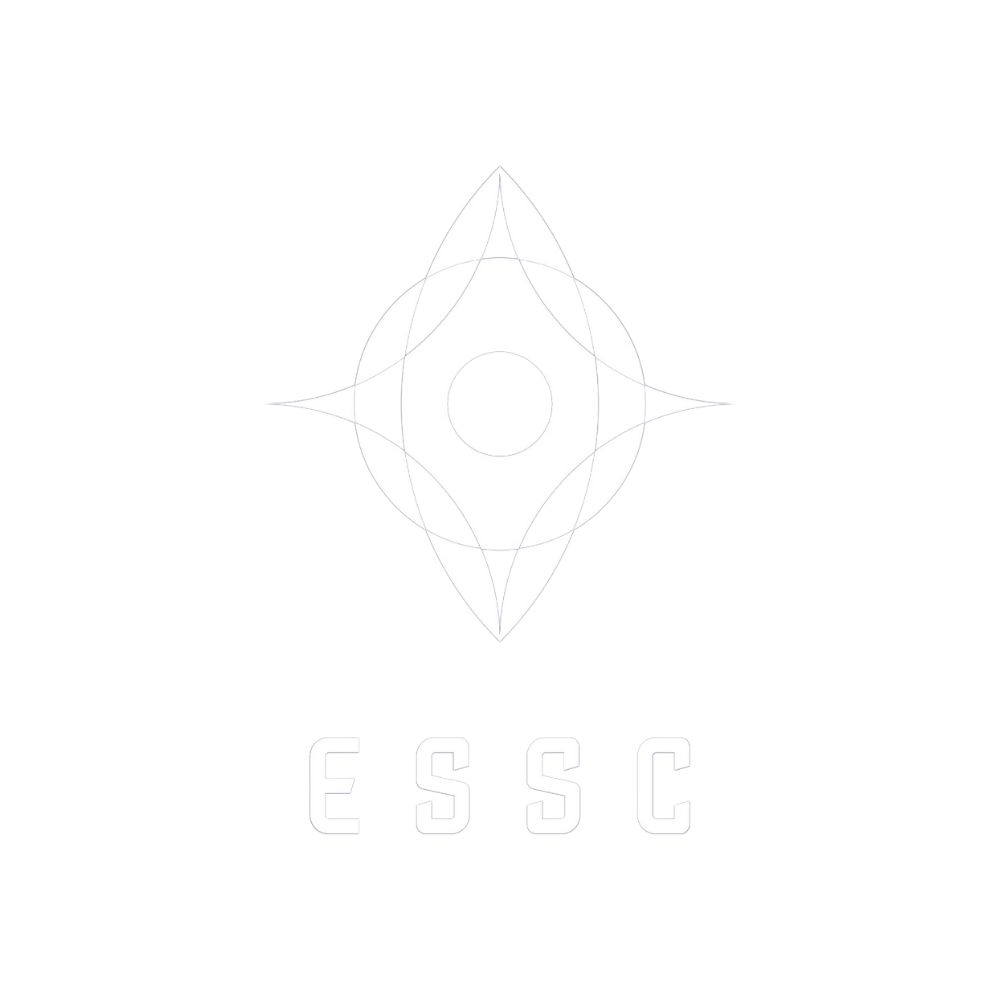The ESA Science Programme Committee has confirmed on March 7th, the continued operations of Cluster, Gaia, INTEGRAL, Mars Express and XMM-Newton as well as continued contributions to the extended operations of CHEOPS, Hinode, Hubble, IRIS, and SOHO.
This was possible thanks to thanks to some significant programmatic risks (related to JUICE and Euclid) having recently been retired, the outcome of the CM22 and the strong support shown from the extended community for specific missions. The Space Science Advisory Committee found all the missions considered to have compelling science cases justifying a continuation of the operations during the 2023-2029 period. Specifically:
- Gaia will exhaust its cold gas propellant (fundamental to carry out its precision pointing) in the second quarter of 2025.
- The operations of XMM-Newton, ESA’s flagship x-ray observatory, are extended until December 2026, and indicatively until end of 2029
- The Cluster scientific mission is extended until September 2024, when one of the four satellites will re-enter the Earth atmosphere.
- INTEGRAL science operations are extended until 31 December 2024, enabling support of the fourth international campaign of joint observations of gravitational waves by the network of instruments LIGO, Virgo, and KAGRA, currently planned to start in May 2023 and lasting for 18 months.
- The science operations of Mars Express are extended until end of 2026 and the SPC also approved the indicative extension of Mars Express from 1 January 2027 to 31 December 2028, enabling support to the JAXA-led Mars Moons eXploration (MMX) mission.
For more information, please see https://sci.esa.int/web/director-desk/-/extended-life-for-esa-s-science-missions
